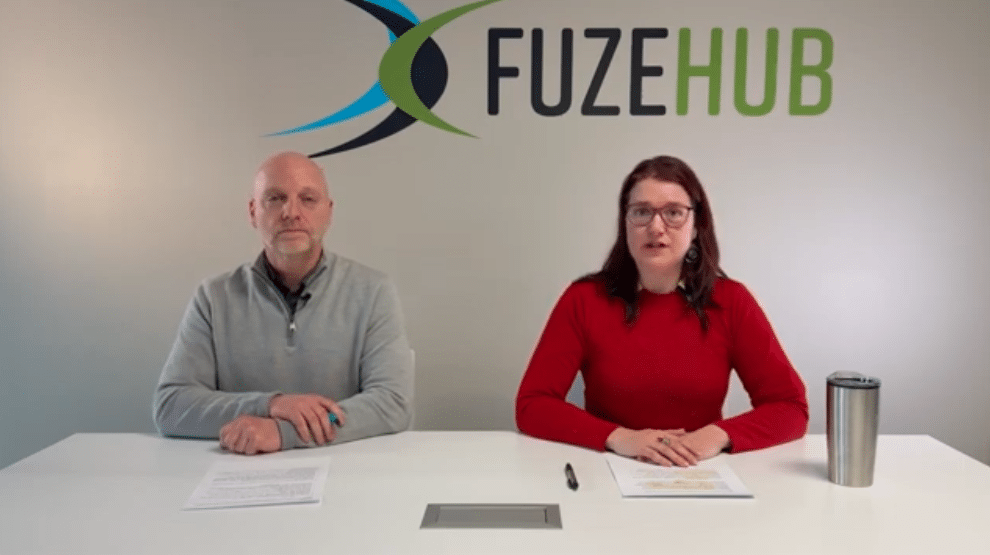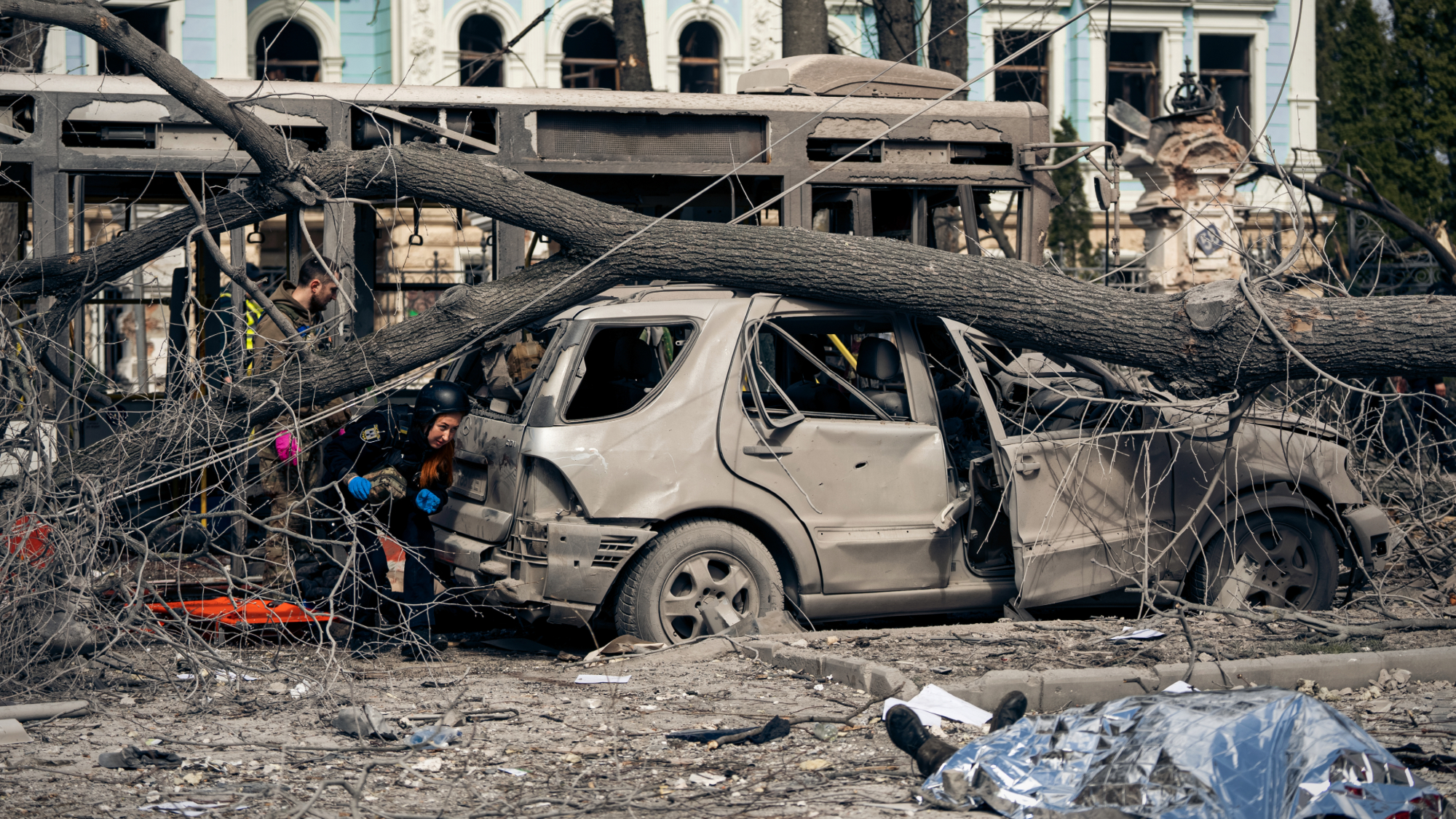How does an off-hand comment about Ebola turn into campus-wide panic? Like this:
 “Mr. Aguilar, we have students texting and saying that a student on campus has Ebola,” Nurse Belk told me after a student was sent home for an ear problem.
“Mr. Aguilar, we have students texting and saying that a student on campus has Ebola,” Nurse Belk told me after a student was sent home for an ear problem.
“Why are they saying that?”
“The student sent a text to his friends that he was sent home by the nurse and then the students started saying in class that he had Ebola.”
I told Nurse Belk that we needed to talk to the class immediately and contact the sick student to make sure he was not spreading misinformation.
Meanwhile, in our Veterinary I class, Ms. Ortega, who has firsthand knowledge of hospitals’ preparations for Ebola, presented the facts about Ebola: its origin, how it “jumped” from animals to humans and current practices for dealing with the virus. Students were able to use their medical background from their freshman and sophomore years to put the current situation in perspective, keep the facts about viruses in mind and stay informed.
Social and local media have saturated the airwaves with so much information on Ebola events that it gets difficult to focus on what is true and not. Like Nurse Belk and Ms. Ortega, educators across the country are listening to what information is being shared at school and stand ready to counter misinformation with facts. The worst thing we can have is a misinformed student body, which creates opportunities for bad choices.
We are fortunate to be a health-related magnet high school — because our students are science-oriented, they are well-prepared to deal with a possible Ebola outbreak. Our students are taught to research, evaluate information and then make a final determination on how to proceed; they understand that making a wrong diagnosis can harm individuals entrusted to their care.
But schools that are not health-focused can still provide a great deal of information through biology, health education and other sciences that expose students to relevant topics. School nurses and counselors can provide presentations to staff and students to educate them further on precautionary measures on Ebola. Staying updated also helps avoid panic. In Dallas, our district has sent out updates each time a specific event makes the news and has provided us with information on what we were doing to assist and support our community.
The Ebola situation is serious, but panic can lead to other health problems such as anxiety and stress. I would caution educators not to ignore questions or hide information from students. If we don’t tell them what is happening, they will hear it from someone else — someone who may not have their best interests in mind. Students and parents entrust us to provide a safe and secure environment in times of uncertainty, and we are their lifeline to accurate information.
Joel Aguilar is principal at the School of Health Professions at Yvonne A. Ewell Townview Center in Dallas.
Popular News




Current News
Manufacturing

Collaboratively administrate empowered markets via plug-and-play networks. Dynamically procrastinate B2C users after installed base benefits. Dramatically visualize customer directed convergence without
Collaboratively administrate empowered markets via plug-and-play networks. Dynamically procrastinate B2C users after installed base benefits. Dramatically visualize customer directed convergence without revolutionary ROI.





About Us
Tech Photos























